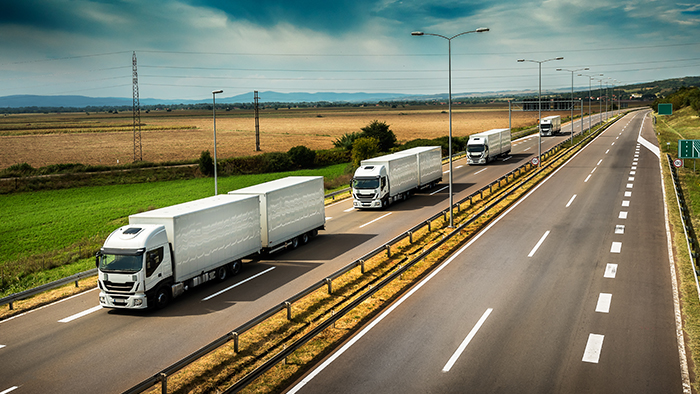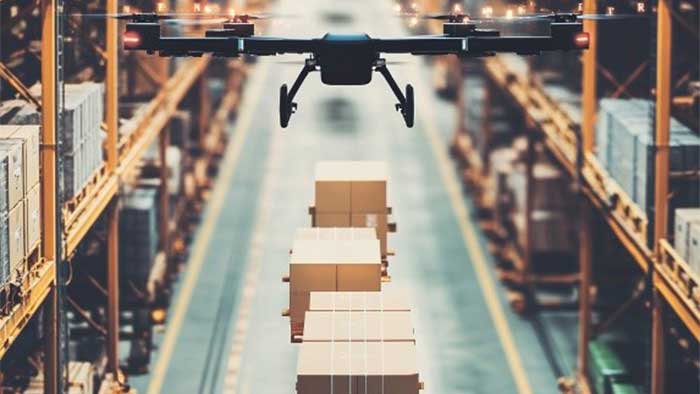Insights on Electric Trucks for Retailers
Companies Need Clear Cost Analysis to Accelerate Adoption
- By [ Erin Hiatt ]
- 03/09/2020

New Tools & Resources
- Fleet Procurement Analysis Tool
- Assessing Financial Barriers to Adoption of Electric Trucks Report & Dashboard Tool
- Insights on Electric Trucks for Retailers and Trucking Companies
- Cost competitiveness can be achieved in the current market when supported by low cost charging and vehicle incentives;
- While most EV procurement scenarios were not likely to be cost competitive with diesel options today, low cost charging, in this case offered by charging infrastructure that is owned and operated by the fleet, and vehicle incentives substantially improve EV cost competitiveness; and
- Depot charging was critical to EV cost competitiveness as a result of lower charging costs than the public charging options modeled, avoidance of productivity losses by charging during regular downtime, and providing control over the number and type of charging stations.
Companies will now have access to a free, publicly available tool developed by Atlas Public Policy to better inform business decisions. It provides ‘plug-and-play’ usability for an easy total cost of ownership analysis of how electric truck adoption – from local delivery to cross-country freight – affects a business’s bottom line. The tool considers upfront and operational costs to offer realistic expectations and planning resources to help companies answer key questions in making electrification cost competitive.
Retailers spend an enormous amount of time and resources optimizing their supply chain infrastructure to best serve their customers and protect the environment. Increasingly, that includes evaluating and investing in innovations like electric vehicles. The Fleet Procurement Analysis Tool helps make a key factor in that decision-making process – cost – more accessible and offers companies a holistic view of what that investment could mean for both their bottom line and their long-term climate commitments.
For more information about retailers' adoption of electric vehicles or any of the tools presented here, please contact RILA Senior Director of Sustainabilty & Innovation Erin Hiatt.
Tags
-
Environmental Compliance
-
Sustainability & Environment
-
Supply Chain
-
Climate and Sustainability
-
Transportation and Infrastructure
-
Ensuring a Safe, Sustainable Future
-
Building Communities


